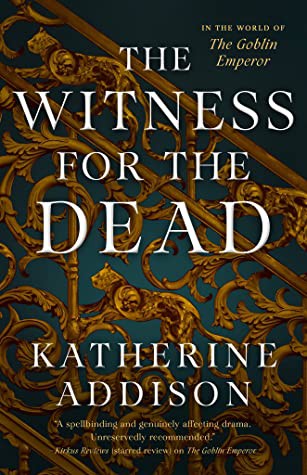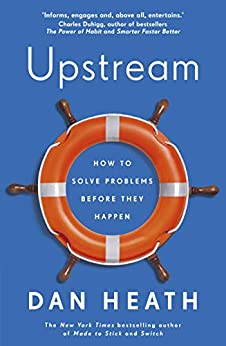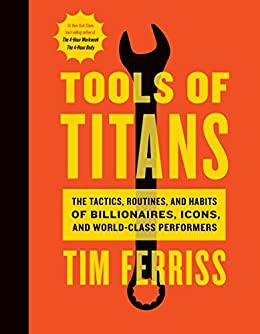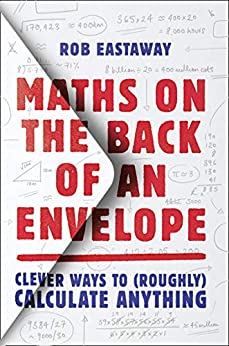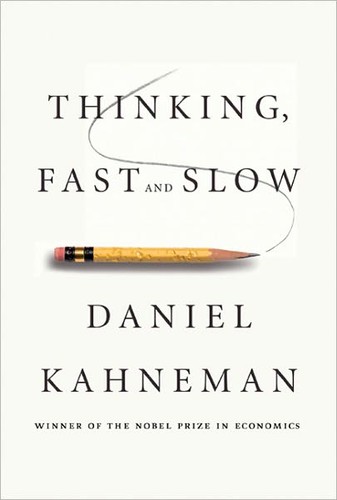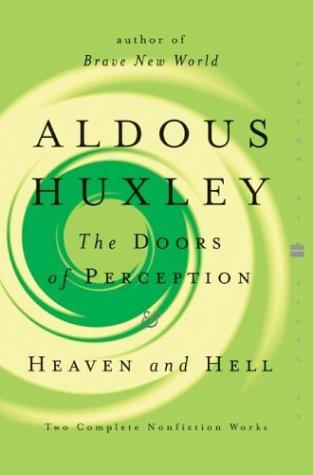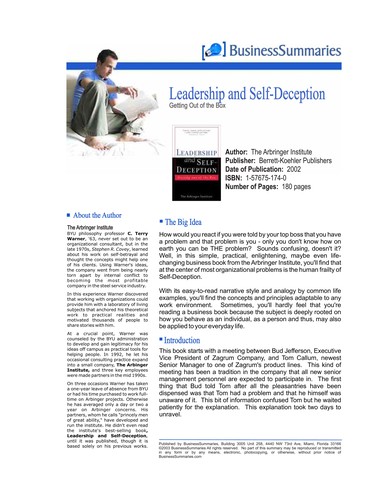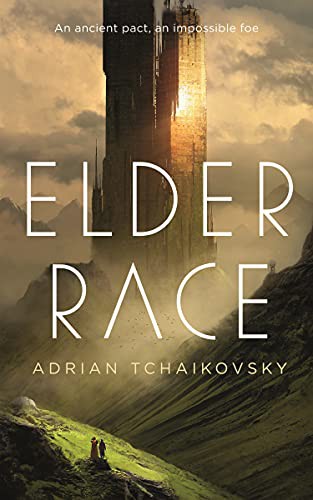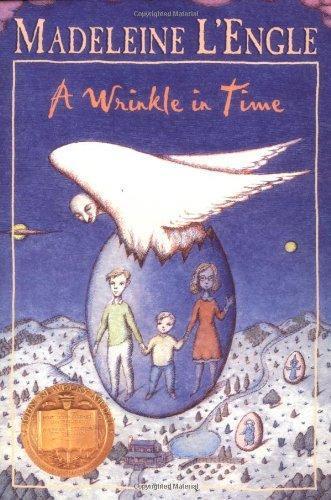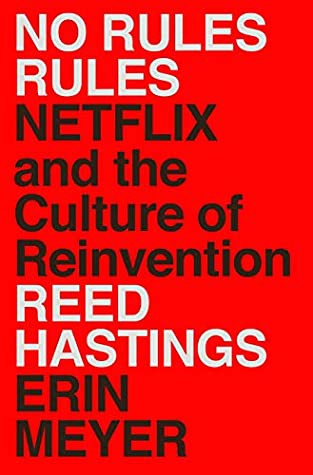...In the 1950s.... the American Can Company, Owens-Illinois Glass Company, Coca-Cola, and the Dixie Cup company got together to design a solution to the growing pressure to regulate disposable packaging. They knew the issue of litter would not go away and was increasingly unpopular with the public, but disposable packaging was incredibly profitable. They needed a way to avoid regulation that might limit the use of disposables, and their solution was cunning.
They founded a nonprofit called Keep America Beautiful and poured significant amounts of money into environmental awareness campaigns. This helped them look good, but the real genius was in the message behind the campaigns - that litter on the streets had nothing to do with the producers, but was the fault of the person who dropped it - the litterbug. Keep America Beautiful managed to shift the entire debate around Americas garbage and litter problems away from the industry and on to consumers, and the strategy has been copied to time and time again since.
